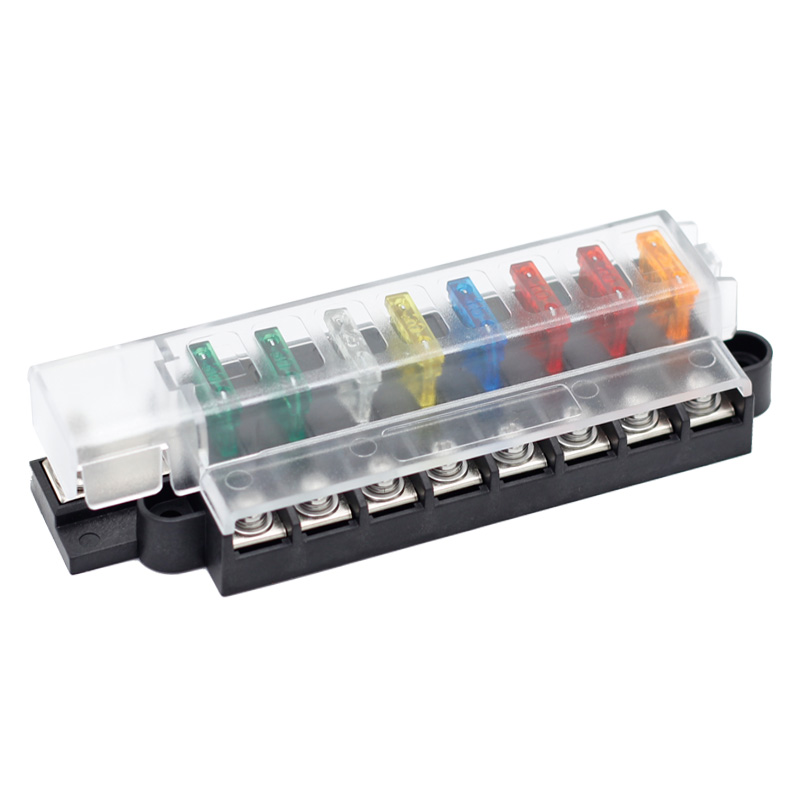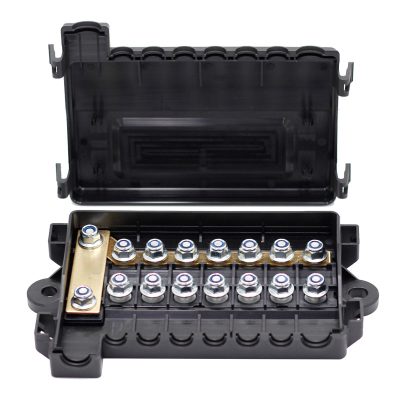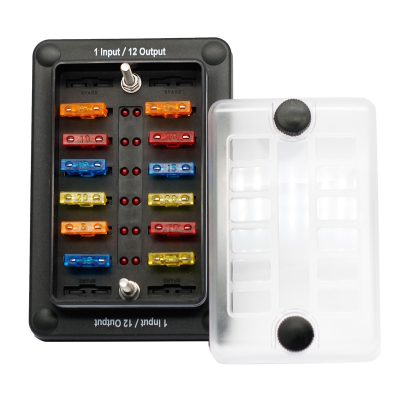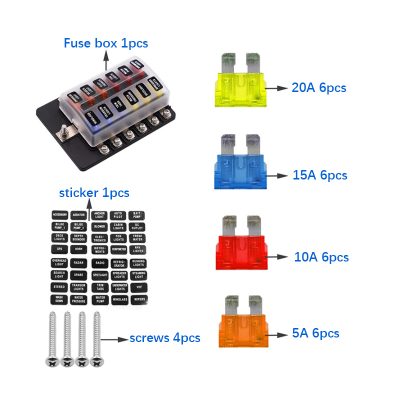Future Trends and Innovations in Car Fuse Holders for Advanced Vehicle Electrical Protection
News 2025-10-20
Car fuse holders are critical components in vehicle electrical systems, safeguarding against overloads and short circuits to ensure safety and reliability. As the automotive industry evolves with electrification, autonomous driving, and smart technologies, the demand for advanced fuse holders is growing. This article explores upcoming trends and innovations that promise to enhance electrical protection in vehicles, from traditional combustion engines to emerging electric and hybrid models. By focusing on key developments, we highlight how these advancements address modern challenges in automotive design and performance.

Emerging Trends in Fuse Holder Technology
Fuse holder technology is adapting to the shift towards smarter, more efficient vehicles. One major trend is the integration of digital monitoring systems, allowing real-time tracking of electrical loads and fuse status through vehicle diagnostics. This is particularly relevant in electric vehicles (EVs), where high-voltage systems require precise protection to prevent failures. Another development involves the use of advanced materials, such as high-temperature plastics and corrosion-resistant alloys, which improve durability in harsh environments like off-road or extreme weather conditions. These trends not only extend the lifespan of fuse holders but also support energy efficiency by reducing weight and material usage in automotive manufacturing.
Innovations Enhancing Performance and Applications
Innovations in fuse holder design are focusing on performance gains that cater to diverse application scenarios. For instance, waterproof and vibration-resistant models are essential for electric and autonomous vehicles, where exposure to elements and mechanical stress is common. These designs offer superior protection by incorporating sealed enclosures and flexible mounting options, ensuring reliable operation in dynamic settings. Performance advantages include faster response times to faults, higher current capacities, and compatibility with renewable energy sources like solar-powered auxiliaries. In commercial fleets and heavy-duty trucks, such innovations reduce downtime and maintenance costs, while in consumer vehicles, they enhance safety features like advanced driver-assistance systems (ADAS) by providing stable electrical protection.
Frequently Asked Questions
1. What is the primary role of a car fuse holder?
It securely holds fuses in place to protect vehicle circuits from excessive current, preventing damage and fires.
2. How do future trends impact fuse holder reliability?
Trends like electrification demand holders with better heat management and smart diagnostics, improving reliability in high-stress environments.
3. What benefits do innovative fuse holders provide in modern vehicles?
They offer enhanced durability, reduced size for space efficiency, and integration with vehicle electronics, boosting overall system performance.


